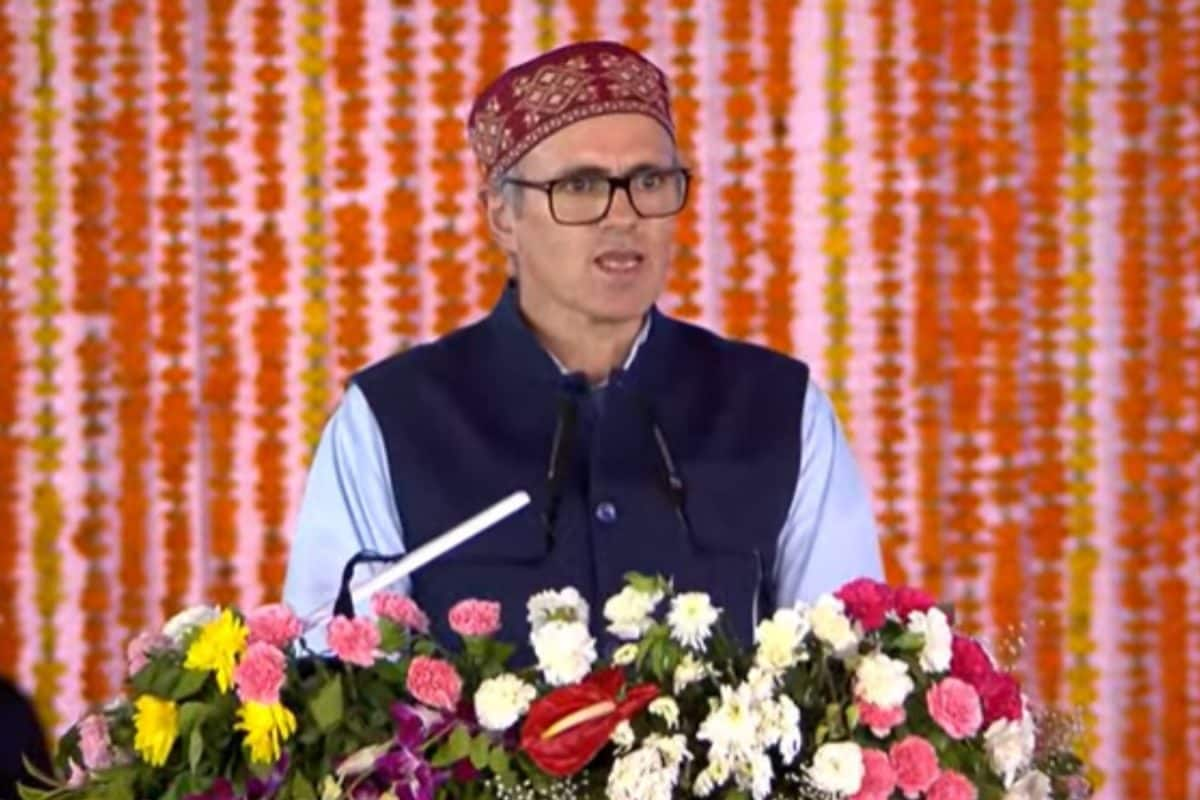

In recent months, the political landscape of Jammu and Kashmir has been actively shaped by Chief Minister Omar Abdullah's persistent efforts to advocate for the restoration of statehood. With a blend of optimism and strategic reminders, Abdullah has subtly but firmly nudged the central government, led by Prime Minister Narendra Modi, towards fulfilling its promise of reinstating Jammu and Kashmir's status as a state.
Since assuming office in October 2024, Abdullah has consistently emphasized the importance of restoring statehood, framing it as a crucial step towards empowering local governance and respecting the region's unique identity. This renewed push follows the abrogation of Article 370 in August 2019, when Jammu and Kashmir's special status was revoked and the state was bifurcated into two Union Territories: Jammu and Kashmir, and Ladakh.
Abdullah's approach has been multifaceted. He has directly appealed to PM Modi, acknowledging the progress made on other commitments, such as holding Assembly elections, while underscoring the unfulfilled promise of statehood. During a public gathering in January 2025, after PM Modi inaugurated the Z-Morh tunnel, Abdullah expressed his belief that the Prime Minister would soon deliver on his promise.
Furthermore, Abdullah has used key events and opportunities to reiterate his demand. Following a tragic terror attack in Pahalgam in April 2025, Abdullah, while condemning the violence, asserted that he would not exploit the tragedy to push for statehood, emphasizing that his principles were not so "cheap." However, he affirmed that he would continue to advocate for it at the appropriate time.
In April 2025, after inaugurating a bridge in the Pulwama district, Abdullah expressed optimism that statehood would be restored soon, stating that the "appropriate time has come." He noted that six months had passed since the Assembly elections and that he had a positive meeting with Union Home Minister Amit Shah.
Abdullah's strategy also involves maintaining a pragmatic relationship with the central government. While he remains firm on the issue of statehood, he has avoided unnecessary confrontation, recognizing that cooperation is essential for the progress and development of Jammu and Kashmir. He has credited PM Modi for ensuring free and fair Assembly elections and has expressed confidence that the central government will support his administration.
However, Abdullah's approach has not been without its challenges. He navigates a complex political environment marked by dissent and power struggles with the central government. Some political figures advocate for a more assertive stance, while others question the efficacy of Abdullah's conciliatory approach.
Despite these challenges, Abdullah remains steadfast in his pursuit of statehood. He views it as a means to address the specific needs and aspirations of the region, empower local governance, and restore a sense of normalcy and self-determination to the people of Jammu and Kashmir. The restoration of statehood is seen as a way to strengthen democratic institutions and promote inclusive development.